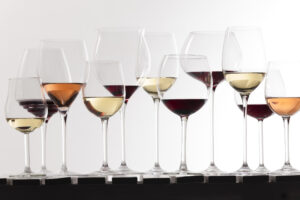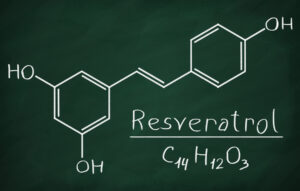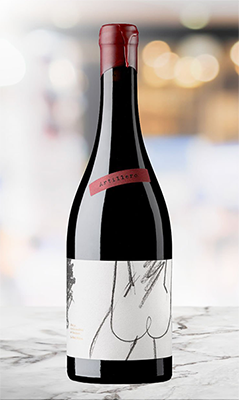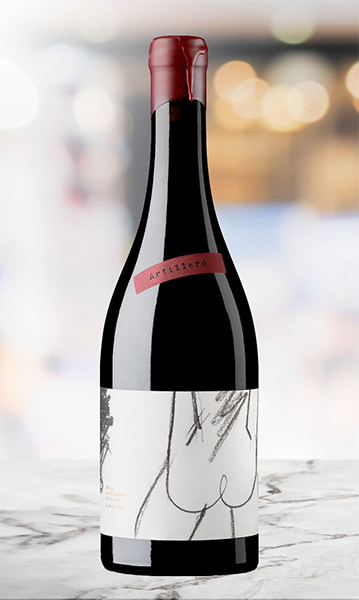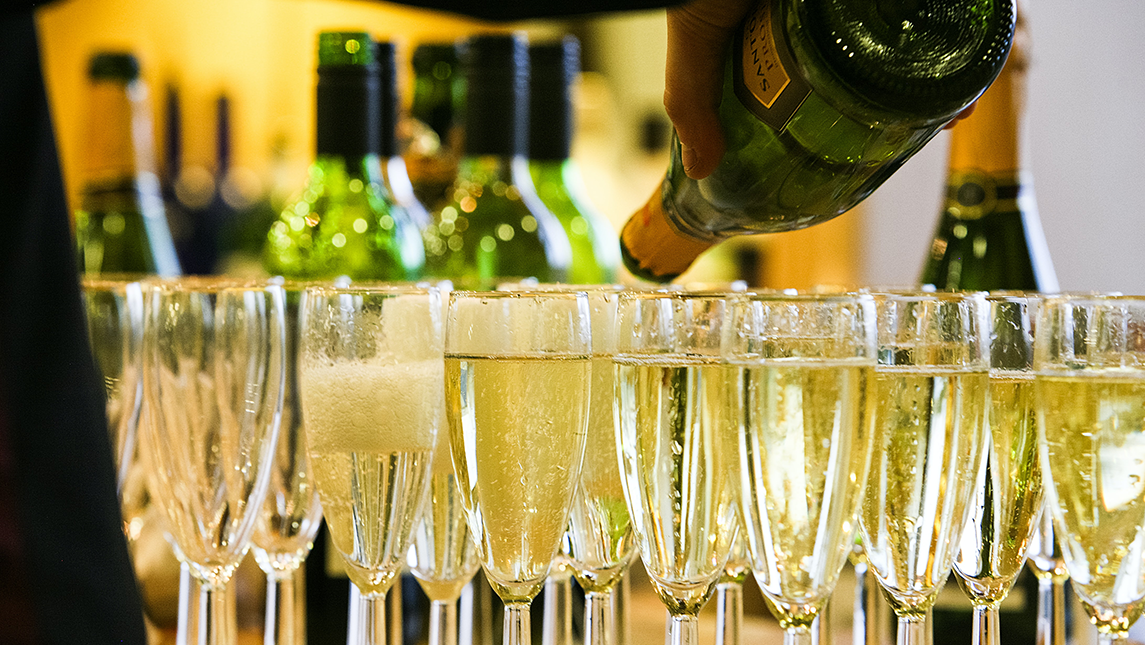
From champagne to whiskey, alcoholic beverages have been compared to one another ever since they were first created. Some people refuse to drink anything with a sparkle, while others will only touch the drink when if there’s a fruity aftertaste. There’s no right or wrong beverage to drink—though some often considered healthier than others. One of the questions that most people ask is whether champagne is healthier than wine. We know that both drinks have health benefits, but which one does the most for your health while still allowing you to enjoy a delicious flavor?
Calorie Count of Champagne Compared to Wine
The most often talked about argument for champagne is the calorie count. For a 4-ounce glass of champagne, you will be consuming 90 calories. For the same amount of wine, the glass will have 100 calories. A 10 calorie difference might not seem like much until you consider how you drink the beverages. All alcoholic beverages have a type and style of glass that you should be drinking it from. For champagne, the flute is between 4 and 6 ounces which is the ideal portion. However, wine glasses are usually 9 ounces. So, although the calorie count for champagne and wine are the same, you will almost always get twice the calories of wine for every one serving of champagne. When it comes down to it, champagne has better portion control than wine.
Considering the Carbonation in Champagne
Champagne is a carbonated sparkling wine. To be considered champagne, it must be from northeastern France. If the “champagne” is from anywhere other than there, it’s considered sparkling wine—even though it has the same health benefits associated with it. The carbonation in the beverage promotes slower imbibing which means that you will consume less alcohol and absorb the alcohol into your bloodstream at a slower rate. This helps your body to better regulate the alcohol in the drink and helps your body to stay sober for a longer period of time. This, overall, is better for your health since too much alcohol can cause immediate blood poisoning and heart problems later in life.
Antioxidants in Both Champagne and Wine
Red wine has come to be known for its high polyphenol-count. It has antioxidants that help your body to fight off inflammation and disease. Studies have shown that a small amount of red wine can help prevent heart disease, among many other important health benefits. This has made red wine appear healthier than champagne until 2009 when the University of Reading UK’s, School of Chemistry, cited that champagne also has high amounts of polyphenols and other antioxidants. This study leveled the playing field to show that red wine and champagne are equal in their levels of antioxidants.
The Drawback of Champagne
Although champagne may be healthier in some aspects, like any drink, it has its drawbacks. After drinking champagne, you’re more likely to develop a headache because the carbonation pushes the alcohol into your blood and expands. Champagne also has a slightly higher level of sugar than wine (which is what helps to give it a sweeter taste compared to red wine). Coupled with sugar levels, champagne has a higher level of acidity. The acidity isn’t necessarily bad unless you drink it frequent enough to damage the enamel of your teeth.
When to Drink Champagne
Champagne isn’t something that you should drink every day that you go out with your friends. Because of its natural ability to help you to portion the number of drinks that you have, it’s best to drink during an occasion where you want to stay sober for as long as possible. If you’re on a Carribean cruise vacation, you probably won’t have to worry about whether you should have champagne or wine. In that scenario, drink whatever you’d like. However, if you’re at a work party or celebration and want to appear sophisticated without getting tipsy, you should drink champagne to start off the night.



